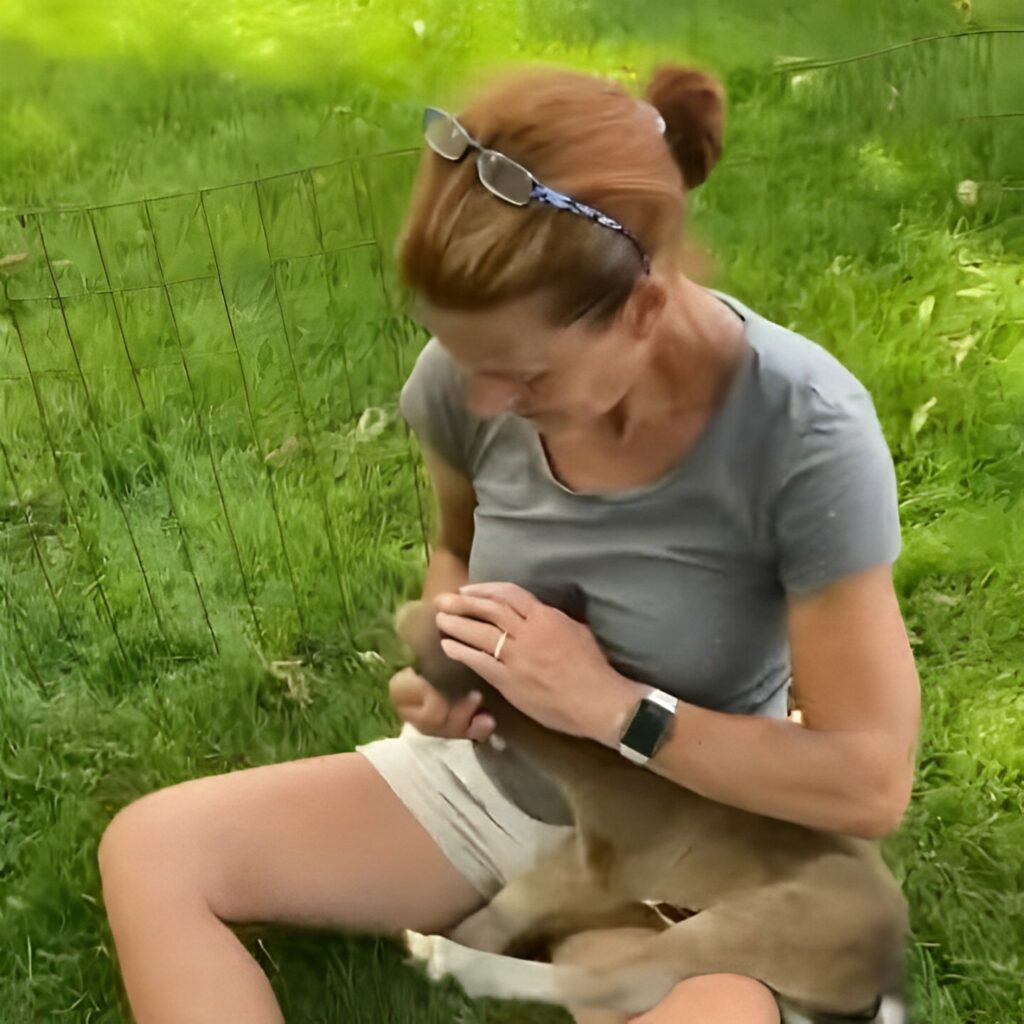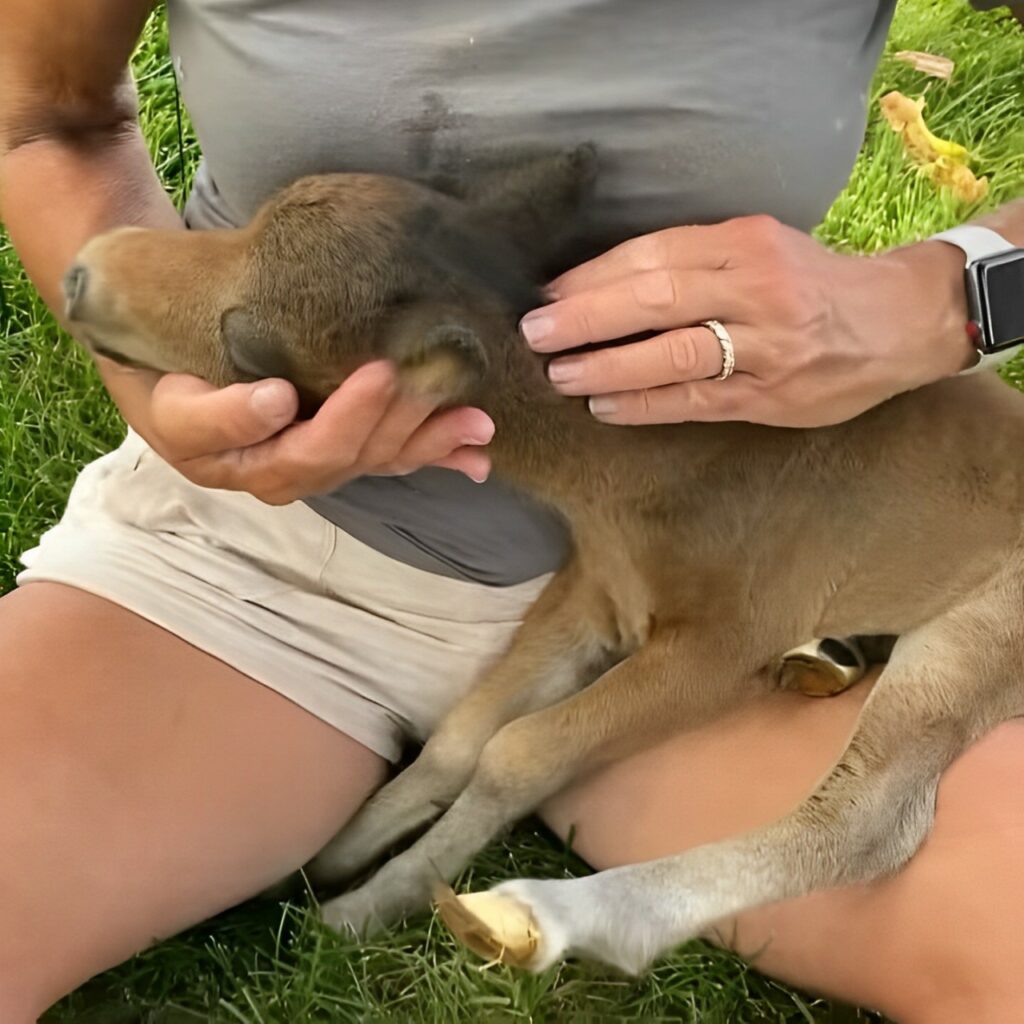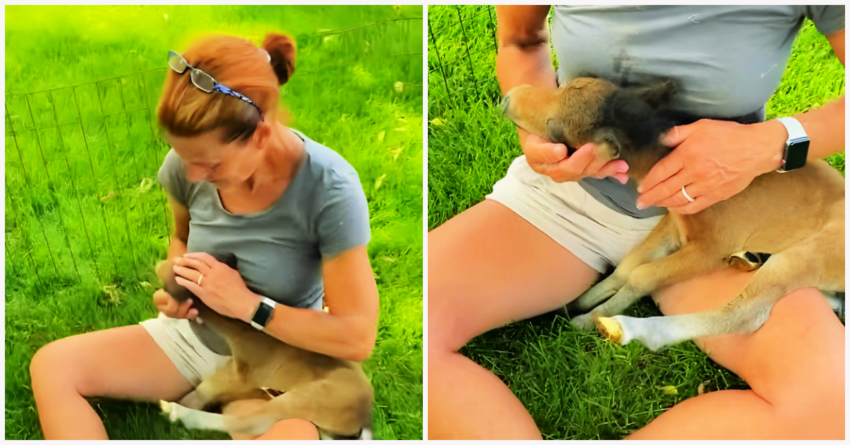Owning a horse or pony is a significant commitment that demands time and attention every day of the year, regardless of weather, personal schedules, or holidays. Keeping a horse on your property is a full-time responsibility, as these animals require consistent care to stay healthy and happy. As highlighted in the video, horses and ponies naturally seek physical contact, a behavior stemming from their herd instincts. They often lean into each other for comfort and do the same with humans, showing their need for tender interactions with those they care about. This level of care not only includes feeding and maintenance but also providing the affection and companionship that horses crave.

Horses express their affection in subtle but meaningful ways, such as turning their heads towards their owners—a clear sign of fondness. They tend not to pay attention to things or people that do not interest them, so when a horse chooses to be close to you or focuses its attention on you, it’s trying to show its affection. Understanding these signals is crucial for any horse owner, as it helps in recognizing the emotional states and needs of their equine companions. This connection goes beyond simple care; it’s about recognizing and responding to the affection your horse is trying to express.

Affection in horses is unique in that they need to feel free to give affection without always receiving it in return. Constantly showering a horse with attention can sometimes hinder its ability to reciprocate those feelings, impacting the animal’s cognitive responses. Owners should strive to balance giving affection with allowing their horse the space to initiate affectionate behaviors on its own. This dynamic plays a critical role in developing a deep, mutual bond between horse and owner, one that enriches the relationship beyond basic care and handling.

The bond that forms between a horse and its owner can be profound and, once established, often becomes unbreakable. The strength of this relationship largely depends on the owner’s commitment to regular interaction, such as riding and grooming, which are essential for building trust and affection. Not only do these activities help in forming a stable bond, but they also ensure that the horse feels valued and cared for. Horses are sensitive creatures capable of feelings like jealousy and protectiveness; they might show jealousy towards new horses or act defensively if they perceive a threat to their owner. Recognizing and nurturing these emotional connections is key to creating a lasting and fulfilling relationship with your horse.
